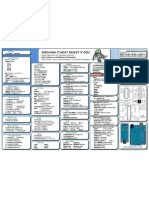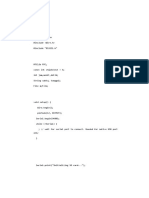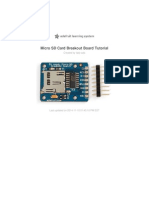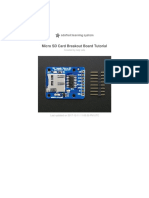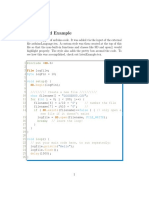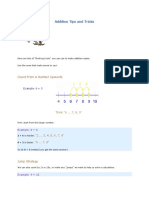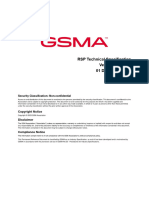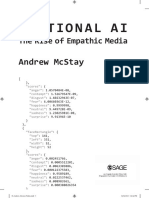0% found this document useful (0 votes)
17 views3 pagesImprimir Data en SD Arduino
This document shows how to read and write data to and from an SD card file. It demonstrates opening a file, writing lines of text to it, then reopening and reading the file. It also shows initializing the SD card and errors that could occur.
Uploaded by
pedro nievesCopyright
© © All Rights Reserved
We take content rights seriously. If you suspect this is your content, claim it here.
Available Formats
Download as DOCX, PDF, TXT or read online on Scribd
0% found this document useful (0 votes)
17 views3 pagesImprimir Data en SD Arduino
This document shows how to read and write data to and from an SD card file. It demonstrates opening a file, writing lines of text to it, then reopening and reading the file. It also shows initializing the SD card and errors that could occur.
Uploaded by
pedro nievesCopyright
© © All Rights Reserved
We take content rights seriously. If you suspect this is your content, claim it here.
Available Formats
Download as DOCX, PDF, TXT or read online on Scribd
/ 3


























